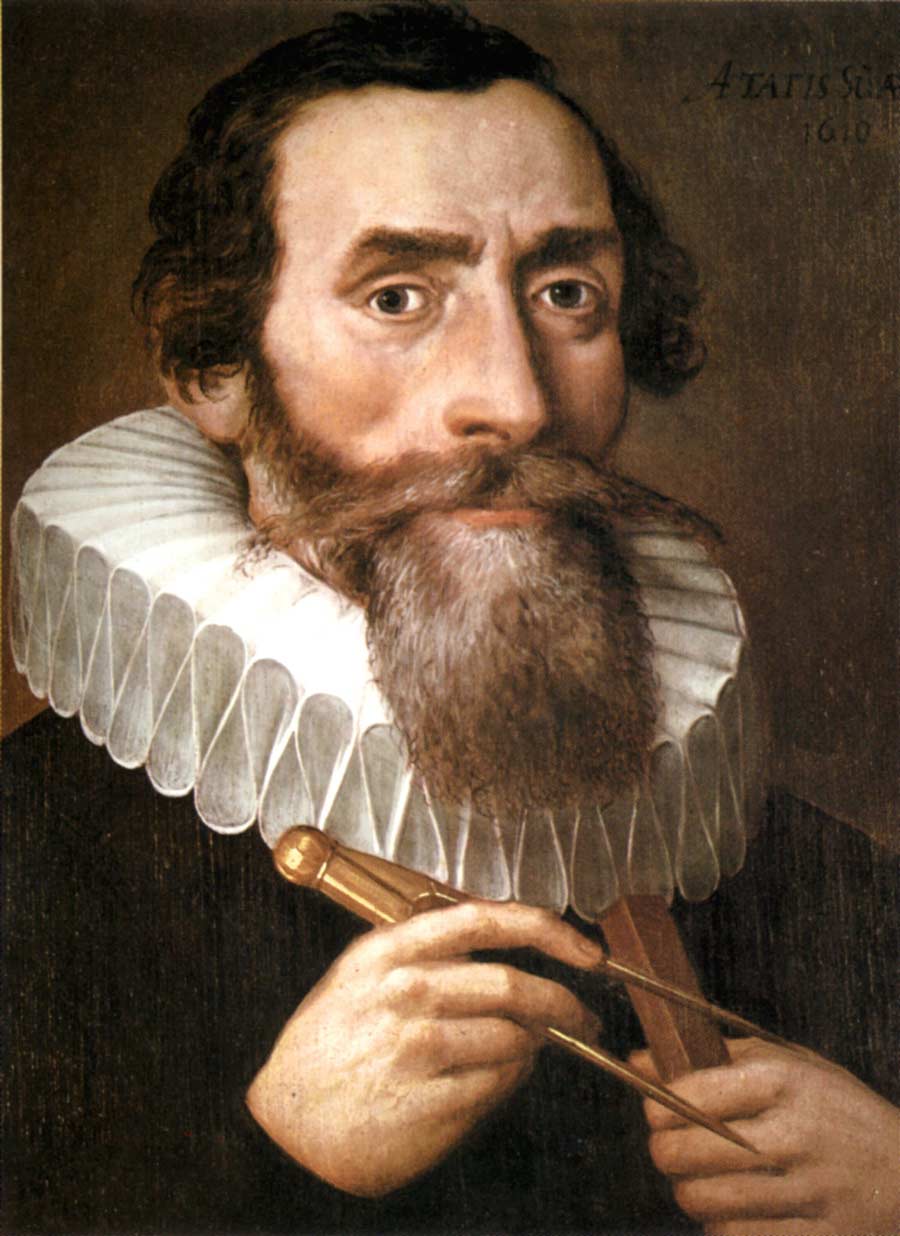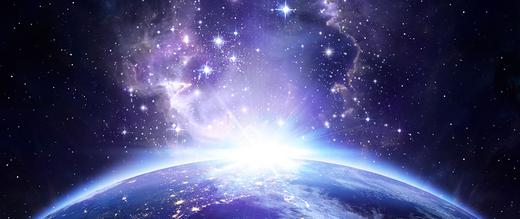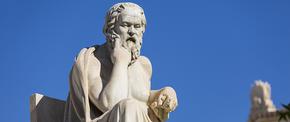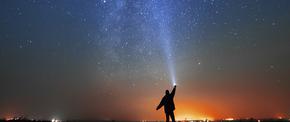The views expressed in our content reflect individual perspectives and do not represent the authoritative views of the Baha'i Faith.
Religion and science are the two wings upon which man’s intelligence can soar into the heights, with which the human soul can progress. It is not possible to fly with one wing alone! Should a man try to fly with the wing of religion alone he would quickly fall into the quagmire of superstition, whilst on the other hand, with the wing of science alone he would also make no progress, but fall into the despairing slough of materialism. – Abdu’l-Baha, from a talk given at Rue Camoens, Paris, November 12, 1911.
The Scientific Revolution liberated science from religion. The new science separated spirit from matter. Reason and experiment replaced revelation as the source of knowledge of the world. After the Scientific Revolution, it was inevitable that God would eventually be pushed entirely out of nature and that science would deny the existence of God. – Margaret J. Osler, Professor of History and Adjunct Professor of Philosophy at the University of Calgary and author of Reconfiguring the World: Nature, God, and Human Understanding in Early Modern Europe
In her essay in Galileo Goes to Jail, Professor Osler follows the above pronouncement with these words:
“These unsubstantiated claims have worked their way into the popular history of science and are frequently repeated.” Osler gives a list of folks from the religious and secular flanks of the debate who “repeat this mantra, reinforcing the belief that the seventeenth century witnessed the divorce of science from religion.”
I find her use of the idea of divorce interesting—as if science and religion were a mid-life-crisis married couple scrapping their life together for youthful fantasies and red sports cars. Looking at the scrapbook of science and religion’s years together, it’s clear she doesn’t choose the word idly.
Up until the 19th century, science wasn’t science yet; it was “natural philosophy” or “natural history.” Nor were there such things as scientists, per se. The men and women who did science were, more often than not, people of faith—often members of the clergy. As I pointed out previously, natural philosophy was part of the undergrad curriculum of all medieval universities, with little reference to church doctrine. Theology was taught as a separate course of study by a specialized faculty.
Natural philosophy took in such subjects as the origin of the universe or the First Cause; the laws guiding creation and its design; the nature of human body and soul. In those times, nascent science hung close to the meaning of its name scientia—that is, the real knowledge of the essences of things. In the eyes of some, this precluded “natural philosophy” from becoming true science (scientia) because the observations of human beings were imperfect and therefore incapable of the level of certainty required to know the essence of anything.

Johannes Kepler
As I read the history of mechanical philosophy, which seeks to explain all natural phenomena in mechanistic terms, I assumed that its promoters intended to remove God from the process. I was surprised to discover that they were devoutly religious. They included such luminaries as Gassendi, Descartes, and Boyle. Even Johannes Kepler, with his certainty that God had created a universe which exhibited mechanical harmony and order, could be numbered among the proponents of mechanical philosophy.
The analogy that leaps to mind when I consider the alleged dichotomy of mechanical versus spiritual philosophy is writing. When I look at what it takes to write a novel from gleam in the eye to the last period, I see two major processes at work: mystical and mechanical. The mystical involves the generation of the idea for a story—the birth and genesis of its characters, the “aha” moments and wild flights of intuition and passion that link events and characters and plot lines and clothe them in words. On the other hand, the mechanical activity of committing those words and ideas to “real” media—typing them out, just as I’m typing this essay, requires putting them where they can be experienced by other people.
These two processes are mutually dependent upon each other. The ideas stay in the land of daydreams if I don’t write them down, and will never become a story by themselves. Conversely, without those ideas, those interconnections, those characters and my love for them and passion for their story, there’s nothing for the mechanical process to record and, again, no story is created. To paraphrase Professor Osler: even a mechanical creation has room (or perhaps need) for purpose and design.
Bottom line: The novel exists because I take the product of my intellectual/spiritual process and apply the mechanical process to it. The words that I write are evidence of the intellect behind the words. They are also evidence of the spiritual process.
It does not surprise me to discover that a number of natural philosophers voiced the opinion that, as Osler put it, “natural philosophy, properly pursued, leads to knowledge of the Creator.” Among those who held this view was Lord Kelvin (mathematical physicist and engineer) who advised:
Do not be afraid of being free thinkers. If you think strongly enough you will be forced by science to the belief in God, which is the foundation of all Religion. You will find science not antagonistic, but helpful to Religion. – William Thomson, 1st Baron Kelvin
Similar sentiments come from religious voices—notably, Baha’u’llah, who wrote “The beginning of all things is the knowledge of God;” and his son Abdu’l-Bahá, who wrote: “Science is an effulgence of the Sun of Reality, the power of investigating and discovering the verities of the universe, the means by which man finds a pathway to God.”
Isaac Newton wrote in Principia that:
…all discourse about God is derived from a certain similitude from things human, which, while not perfect, is nevertheless a similitude of some kind…. [A]nd to treat God from phenomena is certainly part of natural philosophy.
In other words, as imperfect as our ability to grasp it is, the creation can tell us something about the qualities of its Creator, just as my writing tells the reader something about me.
I have heard it repeatedly suggested that men like Newton were only giving lip service to the religious authorities of the day out of fear of censure or loss of support—that they really didn’t believe in God at all. Not only does this portray them as liars and cowards, but it raises a question about when their words are to be trusted and when they are not.
The historical record is clear: early scientists did not segregate their observation and exploration of the natural world from their religious beliefs and theological assumptions. Rather, science and religion were and are as organically linked as the two wings of a bird, and both are necessary in our flight toward greater knowledge of the essence and mechanics of things:
Knowledge is as wings to man’s life, and a ladder for his ascent. Its acquisition is incumbent upon everyone. The knowledge of such sciences, however, should be acquired as can profit the peoples of the earth, and not those which begin with words and end with words. – Baha’u’llah, Tablets of Baha’u’llah, pp. 51-52.

















Comments
Sign in or create an account
Continue with Facebookor